Description
Calcium carbonate (CaCO₃) is a naturally occurring mineral that is widely used in various industries due to its versatile properties. It is a white, odorless powder that is insoluble in water but soluble in acids. Here are some key aspects of calcium carbonate powder:
Sources
Calcium carbonate is found in various geological formations and is primarily obtained from limestone, marble, and chalk. It can also be produced synthetically through the reaction of calcium oxide with carbon dioxide.
Properties
Chemical Formula: CaCO₃
Molecular Weight: 100.09 g/mol
Appearance: White powder or crystalline solid
Solubility: Insoluble in water; soluble in acids (e.g., hydrochloric acid)
pH: Neutral to slightly alkaline
Uses
Industrial Applications:
Construction: Used as a building material and as a filler in cement and concrete.
Manufacturing: Serves as a filler in products like paints, plastics, and rubber, enhancing their durability and performance.
Agriculture:
Used to improve soil quality by neutralizing acidity and providing essential calcium for plant growth.
Food Industry:
Acts as a food additive (E170) for calcium enrichment and as a stabilizer in various food products.
Pharmaceuticals:
Used as a calcium supplement and antacid to relieve heartburn and indigestion.
Environmental Applications:
Employed in water treatment processes to remove impurities and in flue gas desulfurization to reduce sulfur dioxide emissions from power plants.
Health and Safety
Calcium carbonate is generally recognized as safe (GRAS) when used in food and pharmaceutical applications. However, excessive consumption can lead to health issues such as hypercalcemia. Proper handling and safety measures should be observed in industrial settings to avoid inhalation of dust.



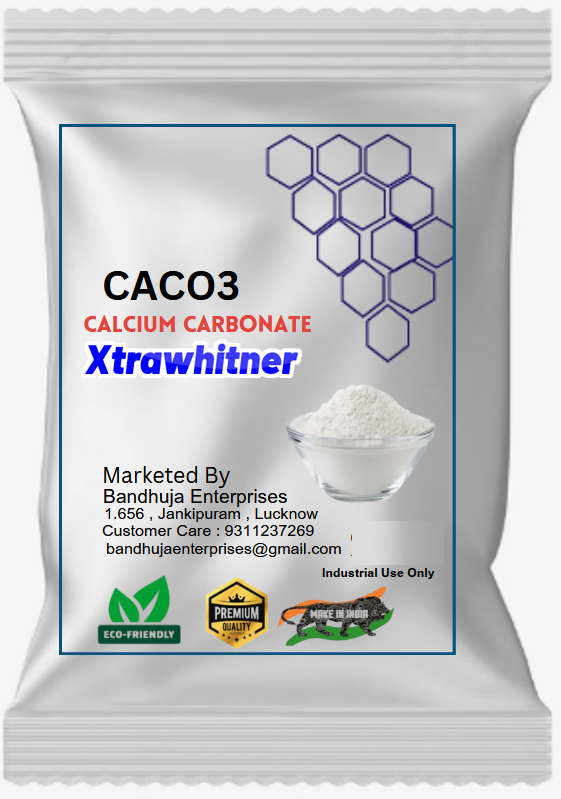
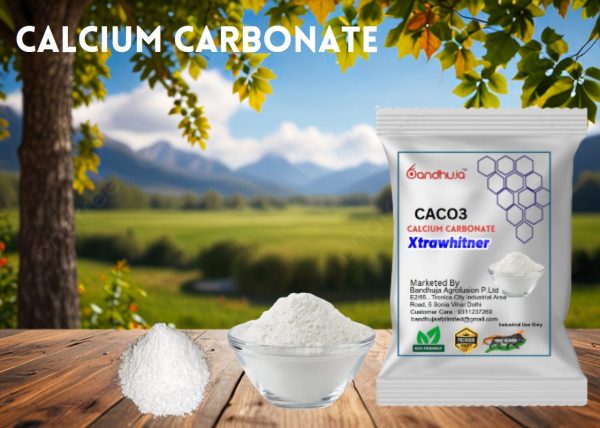
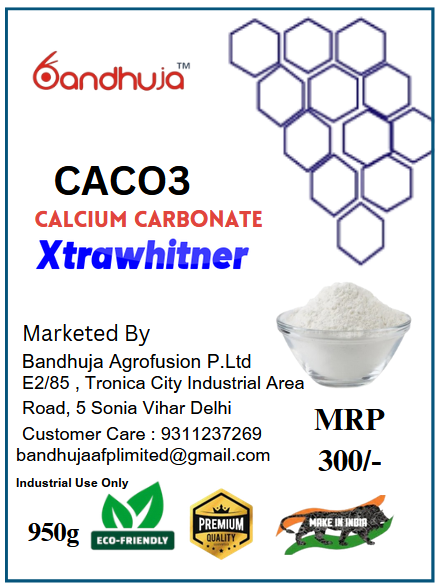
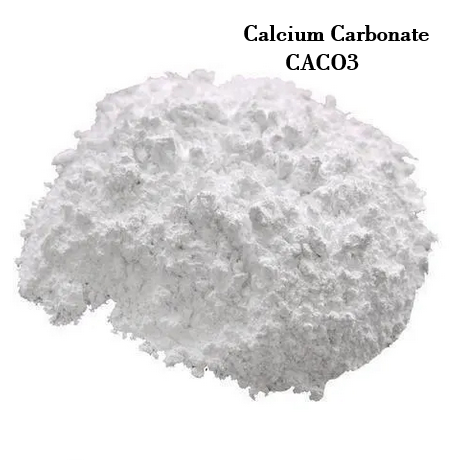
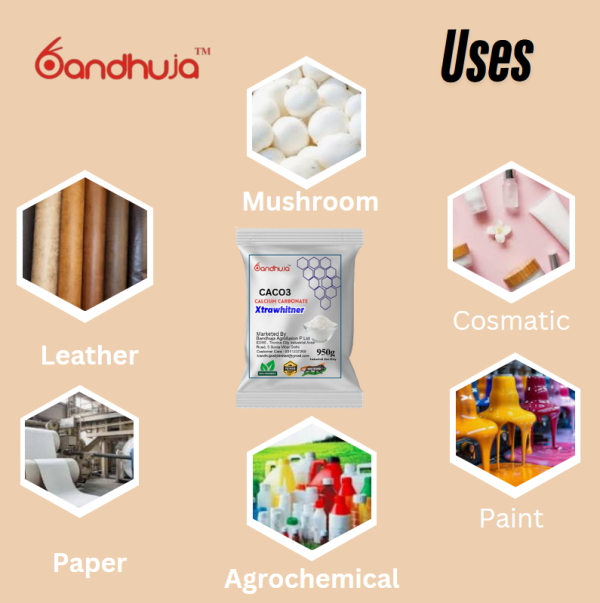
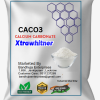
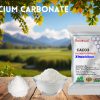
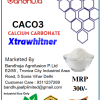
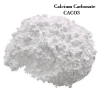

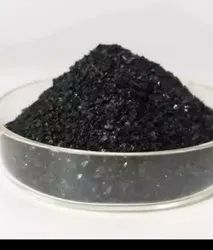
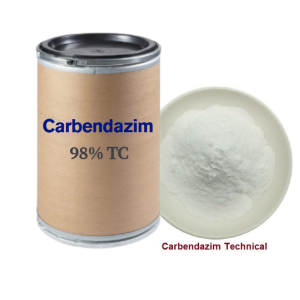
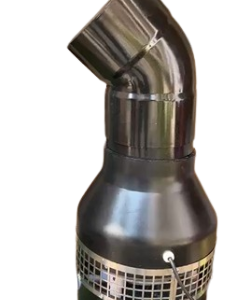

Reviews
There are no reviews yet.